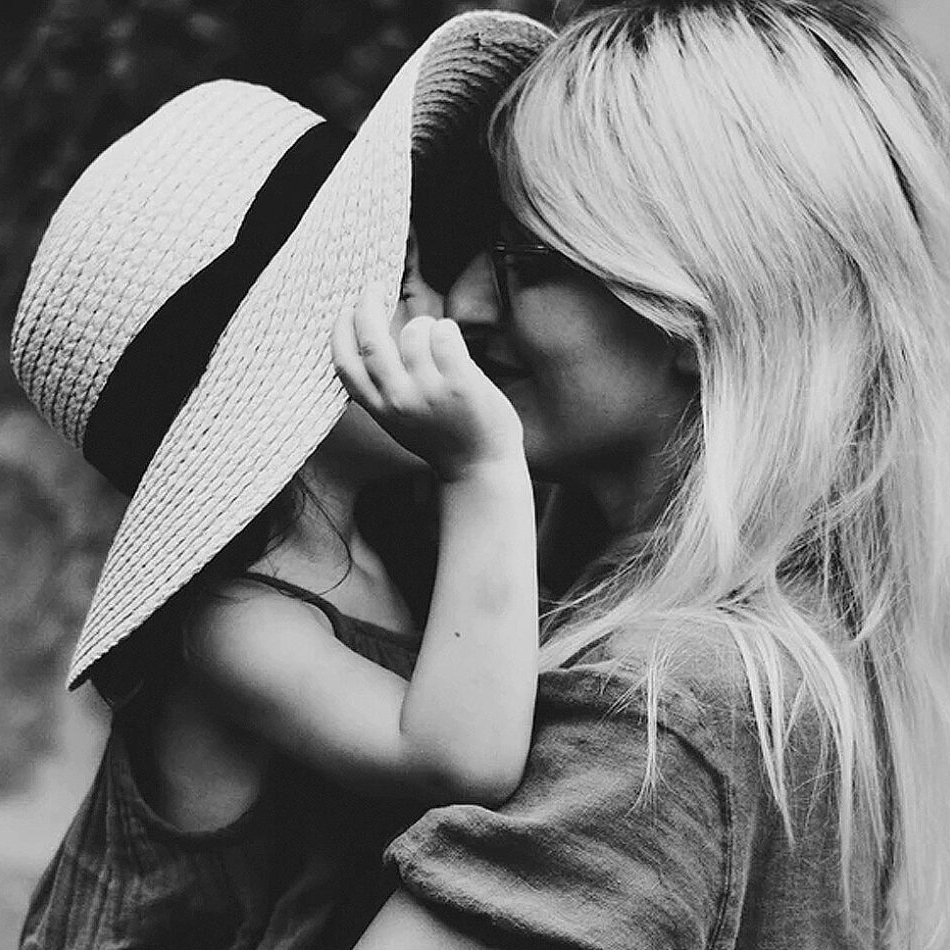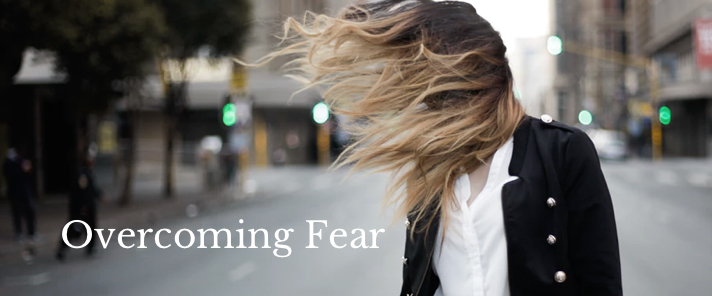Yogurt is everywhere. My jaw slowly opens and hovers closer to my neck than my nose as I enter the bedroom and survey the mess. My eyes rest upon my son sitting in a heap of broken graham crackers, fury and a bottle of whipped cream. He’s trying to appear unapologetic, but I can see spasms of shame settling across his cheeks. He will not offer me his face, eyes downcast, intermittently scooping up globs of yogurt with graham cracker shards, and smearing it across the blue cover of a recently acquired Treasury of Winnie the Pooh stories.
I struggle to find my words. I’m not even sure I feel rage, I am somewhere past that, floating in a vacuum of incredulity. I am very aware of exhaustion, feeling defeat in this constant battle with sneaky behavior, shockingly bad ideas, and the increasingly explosive effects our nomadic lifestyle of change and upheaval provokes in my kids, particularly my twin boys. But with a husband in medical school, moving around the country to various clinical rotations, we don’t have much of a choice about staying in one place and putting down roots.
I grab a roll of paper towels and silently soak up the yogurt, tossing soiled sheets speckled with crumbs into a plastic trash bag, while I manage the excitement of the other two kids (one of which is probably also a little bit guilty).
“Why did you do this?” I ask, knowing he doesn’t know why. He felt mad, and this behavior released some of the pressure. I still feel personally attacked, though, sensing some of my own shame being drawn to the surface.
My best swings at creating stability are not enough for him.
I fight the urge to rub his face in his wrongdoing, to shout at him with a litany of offenses, starting with his inability to not raid the refrigerator. I want to change the narrative, but I’m not sure how. I want to be able to say the one big truth that will unlock perfect behavior and steady emotions in my children, but they are merely human, just like me.
Over the past few months I have been slowly working my way through 2 Corinthians. In chapter 2:7-8, Paul says “Now instead, you ought to forgive and comfort him, so that he will not be overwhelmed by excessive sorrow…reaffirm your love for him.” This struck me as surprisingly accurate parenting advice. After trust is broken or a relationship is fractured, it’s easy to forego compassion. Motherhood kicks back on our ability to forgive, especially if we can convince ourselves we are “teaching” our kids a valuable lesson. We feel entitled to our “rightness” and what we perceive to be the roots of their misbehavior. I forgive you,” does not liberate our kids from the bonds of our prejudice. Faithfully showing up, day after day with a clean slate and an open heart does. (Galatians 6:9-10)
Paul continues on, writing “All this is from God, who reconciled us to himself through Christ and gave us the ministry of reconciliation: that God was reconciling the world to himself in Christ, not counting people’s sins against them. And he has committed to us the message of reconciliation” (2 Corinthians 5:18-19).
Our job as our kids’ mothers is to reconcile their brokenness with the perfection of Jesus. If we don’t “let the little children come” to us, how will they know they are welcome in the arms of Jesus? (Matthew 19:14) We are the “go-between” to their “go-between,” building a bridge for them that will not falter because we will. But we can model repentance and compassion, coming alongside them in their fears, anger, sorrow, shame to show them what it feels like to have the great comforter wrap His arms around us. (1 Thessalonians 2:7; Psalm 36:7)
After the worst of the mess is cleaned up, and my son has a fresh set of paw patrol clothes on, I ask him to come sit in my lap. I take a deep breath, grounding myself in love and praying I can reach my child’s heart with kindness.
“Stealing food and dumping it all over your room is not okay, bud. Mommy wants to trust that you will listen to her instructions and respect our house. But guess what? Even when you disobey, I love you anyway. I will never stop loving you no matter what you do because Jesus will never stop loving us no matter what we do.” (Romans 8:35-39)
A tiny shred of a smile breaks his stoic expression as I plant a big kiss on his little-boy cheek.
“You are more important to me than a big mess. I forgive you.” I tousle his hair before he bounds away to join his siblings outside.
Let’s be leaders who are willing to lay down our pride. Even in parenting, humility reigns supreme and will go the extra mile to build a thriving relationship with our kids. We will mess up and so will they, but this is what makes daily grace so beautiful. As Jesus tenderly washes our feet, we then get to participate in washing the weary feet of our little sojourners, reconciling our children and our own hearts, back to the warm hearth of God’s love. (Romans 8:1)
Enjoyed it? Share it!
Kelsi Folsom
Kelsi Folsom is published in Motherly, The Caribbean Writer, Mothers Always Write, and elsewhere. She is the author of two collections of poetry, and contributes regularly to Red Tent Living Magazine. She enjoys traveling with her husband and four kids, scouring estate sales, getting lost in a good novel, and connecting with her readers on Instagram.
But wait, there's more...



















So good. As a mom of adult kids, I am now experiencing them forgiving me. Thankful for God’s patience and grace all the way through this mothering journey. Appreciate for your wise words.
Your blog is so beautiful! And I really loved your post – I think the story you told of trying to reach your boy with kindness and planting a kiss on his cheek is so sweet! I loved it! x